What harvest farmers expect after an abnormally warm winter
The volume of grain produced will depend entirely on the spring rains, experts claim
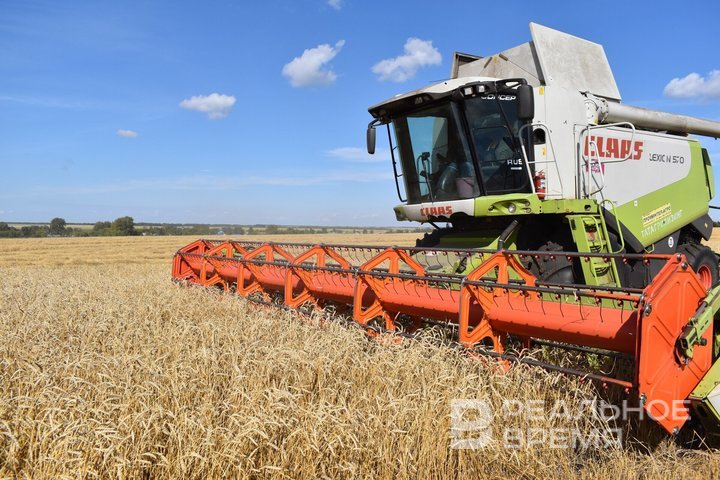
Today, Russian agricultural producers are experiencing a shortage of moisture reserves in the soil. The volume of water that is formed during snowmelt is not enough to fill the deficit. The harvest will depend entirely on the spring rains, Arkady Zlochevsky, the president of the Russian Grain Union, is convinced. However, an abnormally warm winter is not the only thing that worries farmers. Since December, the pace of grain shipments for export has sharply decreased in Russia. Read the details in the material of Realnoe Vremya.
“There aren't enough moisture reserves in soil right now, but it's not critical for winter”
Analysts' forecasts of what yields farmers can expect this year vary significantly. This was announced by Arkady Zlochevsky during a press conference on the current situation in the industry. He stressed that wintering is not going typically. But if we compare today's parameters with those observed during the winter, we can see that the situation has improved.
“Yes, the risks exist and are growing. A cold front is now approaching many territories. Severe cold snap and prolonged freezing can have a detrimental effect on crops that are not covered with snow," he warned.
Fortunately, there are not so many such territories in Russia to talk about a national catastrophe. In the regions of Tatarstan, as of January 10, the height of the snow cover varied significantly, ranging from 2 to 44-45 cm. In general, the state of winter crops in the country is improving, Arkady Zlochevsky added. According to experts, 62-65% of crops were in good condition during the winter, but now the figure has risen to 80-85%. It is too early to say that the danger has passed. The problem of lack of moisture in the soil is brewing.
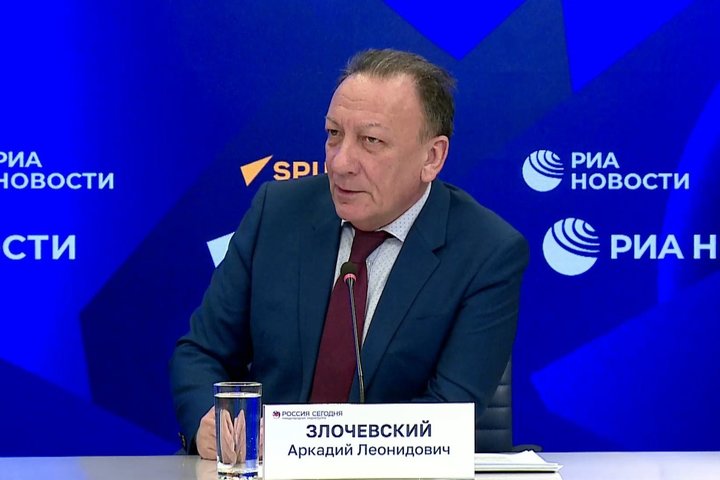
“The harvest will depend entirely on the spring. The main risk we face is [a shortage of] moisture reserves. The final figures of the 2025 harvest will depend on how it is implemented. There aren't enough moisture reserves in soil right now, but it's not critical for winter. The main thing is how they will be distributed in the spring. On the one hand, the snow cover, which has now covered most of the crops, will replenish moisture reserves during melting. But 11 cm of cover (this is the average in Russia — ed.) is not enough to completely fill the deficit. The situation will continue to develop depending on the rains in the spring," the expert said.
As for Tatarstan, a week ago experts from the republican branch of the Rosselkhoznadzor assured that winter grain crops are in good condition. However, this year it is necessary to fertilise plants with nitrogen fertilisers earlier than usual. There are risks of developing diseases such as snow mold and root rot.
“There are a lot of pests that we can fight on your own, but not with locusts”
Another danger that worries farmers is locusts. In the summer of 2025, an invasion of pests is expected in 21 regions of Russia, including Tatarstan. In 2024, there were 14 of them.
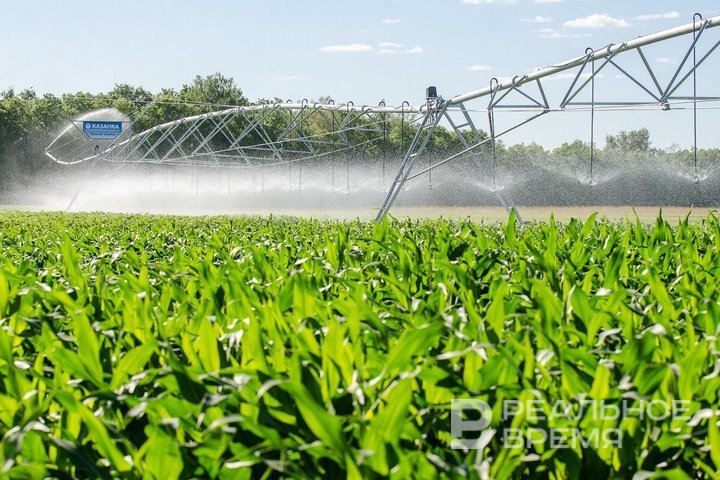
“We have a lot of pests in our fields that we can fight on our own. That's not the case with locusts. These are the very pests that we cannot fight within our fields. They breed in the floodplains of rivers, spread rapidly across the fields in search of food and devour everything. That's the main danger. They didn't originate in our fields, they spread later," explained the president of the Russian Grain Union.
According to him, the fight against locusts is a state task. Now it is “to some extent objectively and fairly shifted to the regions," the speaker believes. However, pests also come to Russian fields from neighbouring countries, such as Kazakhstan. “They don't care: borders are not borders," stated Arkady Zlochevsky. It is impossible to deal with locusts already roaming the crops. It is necessary to stock up on medicines and treat floodplains on time, because this year the weather is favourable to pests.
“The export vacuum cleaner has blown away”
“Some of our “grain growers” suddenly give a [projected] harvest of more than 140 million tonnes as an optimistic scenario. Still, I don't see the foundation for such a harvest. It's just not physically there," Arkady Zlochevsky is convinced. “De facto factors have already emerged that objectively lead to a decrease in this indicator.
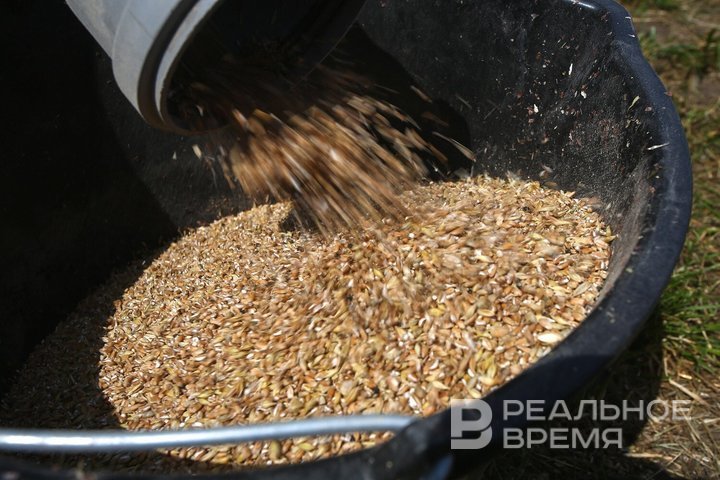
Last December, Rosstat released indicators for the agricultural sector. Gross crop production fell by more than 7%. The situation was somewhat compensated by animal husbandry: due to the successes in this industry, the volume of gross agricultural output as a whole decreased by only 3%, according to the president of the Russian Grain Union. In the very structure of crop production, the indicators are also uneven. Last year's record harvest was achieved for legumes and some oilseeds, such as rapeseed.
“The growth potential continues there, investments are going there, [there is] an increase in both areas and yields. But wheat has seen a drop in both yield and processability in crops, and a reduction in acreage, with all the consequences," the expert believes.
According to Arkady Zlochevsky, the unfavourable picture is explained by economic problems. Since the end of last year, the pace of export shipments in Russia has sharply decreased. In the autumn of 2024, they exceeded the record figures of last year, but the successes turned out to be temporary. In December and January, shipments were half as much as a year earlier, and in February the gap became even wider. And it continues to grow. “The export vacuum cleaner has deflated," Zlochevsky concluded. The strengthening of the ruble also reduces the activity of exporters.
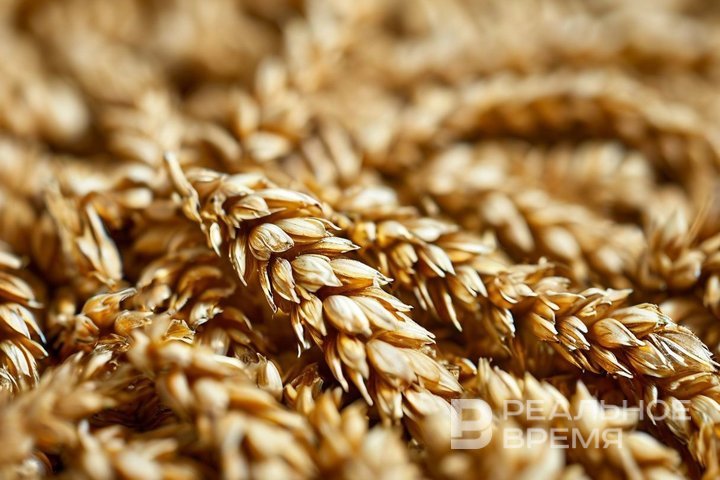
The volume of grain shipments outside Tatarstan last year exceeded 100,000 tonnes, and domestic shipments — 1 million tonnes. These figures are significantly higher than in 2023. For the first time, a study was conducted on grain products for shipment to China. Oilseeds continue to go to the EU countries, although exporters have problems with mutual settlements, which leads to a slight decrease in supplies to countries such as Poland and Latvia. Belarus remains an important shipping destination.
Following the results of 2024, the following indicators of the republic were published:
- 3.9 million tonnes of grain were produced;
- 827,000 tonnes of oilseeds were harvested;
- harvest amounted to 2.4 million tonnes;
- total production volume was 1.2 million tonnes.
“Ministry of Agriculture sees an extremely optimistic picture. Where do such numbers even come from?”
At the same time, the sharp reduction did not stop the emerging dynamics of price growth, the expert said. Today, false information about the availability of grain is widespread.
“The Ministry of Agriculture sees an extremely optimistic picture, which does not correspond to the real circumstances. They announce that our exports this season will amount to 57 million tonnes. Where do such numbers even come from?” Zlochevsky was surprised. “De facto, at the moment we have shipped 39.8 million tonnes of grain resources. Of these, slightly more than 32 million are wheat.

The volume of the main part of the quota for wheat exports, which began operating on February 15, is 10.6 million tonnes. About 500 tonnes of corn will be sold under regional quotas. The expert has no doubt: there is no way to sell 57 million tonnes. According to him, the Institute of Agricultural Market Studies has given three scenarios. In an optimistic scenario, exports will amount to 43 million tonnes, a moderate one assumes 39 million, and a pessimistic one — 35 million.
“The Ministry of Agriculture is playing with numbers, giving out data from new territories...> We must understand that the new territories will not significantly replenish our balance, the situation there is not the right one, there are many unresolved processes. This game allows the Ministry of Agriculture to make the figures more attractive for reports to the top, but we below clearly understand the situation," Arkady Zlochevsky summed up.
The volume of exports of agricultural products of Tatarstan in 2024 amounted to $460 million, at the planned level. Last year, the figure was $457.6 million. Exports are expected to grow to $466.7 million in 2025. By 2030, Tatarstan wants to increase exports of agricultural products to $1.3 billion, according to an optimistic forecast.